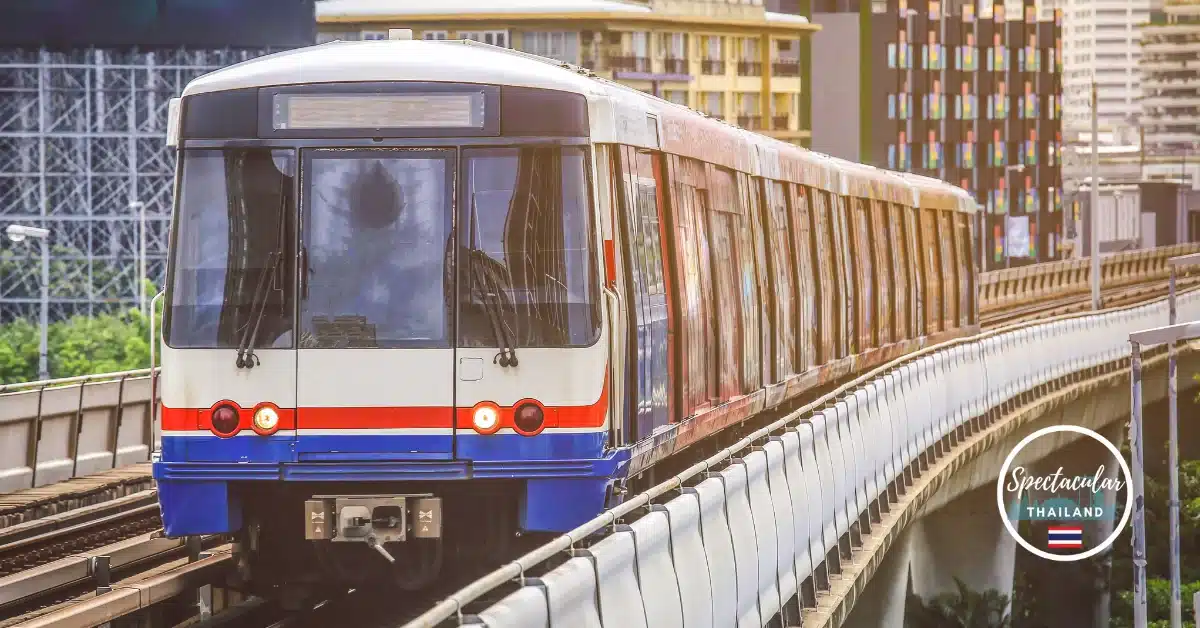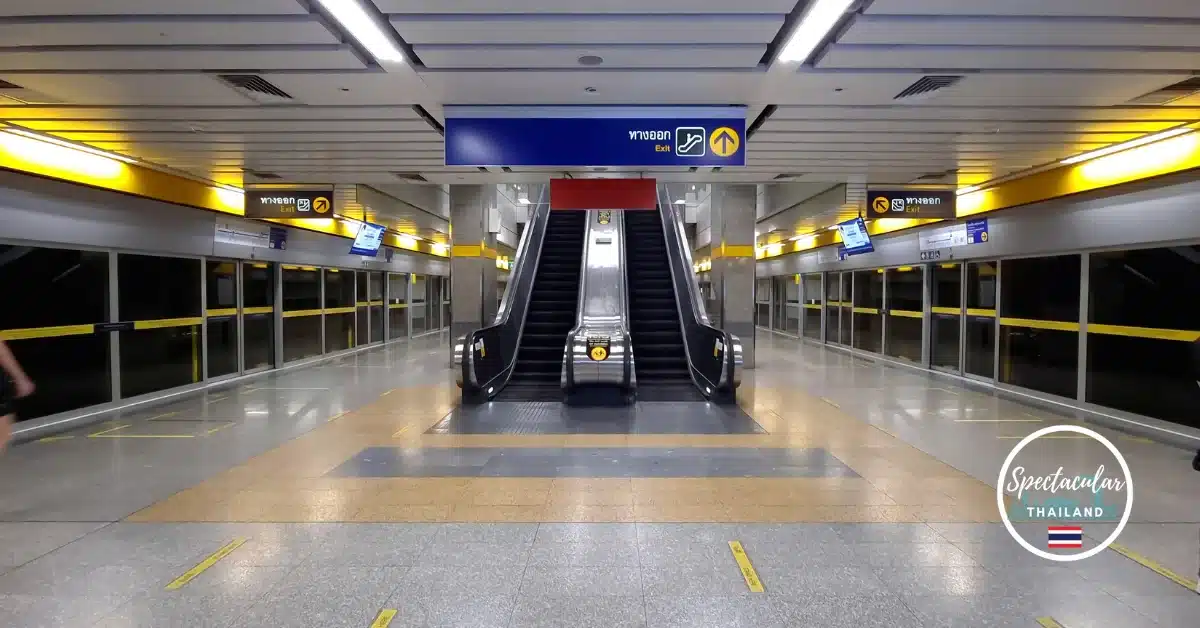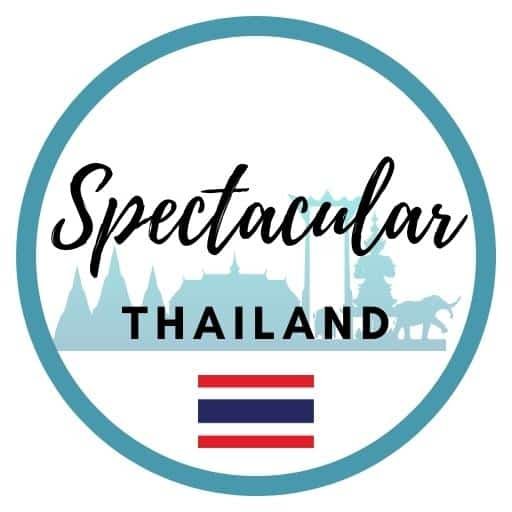Currency
When it comes to currency, Thailand uses the Thai baht (THB) as its official currency. Here are a few quick facts about the Thai baht:
- Currency Symbol: The Thai baht is denoted by the symbol “฿” or “THB”. Keep an eye out for this symbol when dealing with prices or exchanging money.
- Exchange Rate: The exchange rate of the Thai baht varies and is subject to fluctuations. It’s always a good idea to check the current exchange rate before you travel. You can find exchange booths at airports, banks, and major tourist destinations.
- Banknotes and Coins: The Thai baht is available in banknotes and coins. Banknotes come in denominations of 20, 50, 100, 500, and 1,000 baht. Coins are available in denominations of 1, 2, 5, and 10 baht, as well as smaller denominations of 25 and 50 satang (25 satang = 0.25 baht, 50 satang = 0.5 baht)
- Usage: The Thai baht is widely accepted throughout the country, and it’s the primary form of payment for most transactions. However, it’s always a good idea to carry some cash with you, especially when visiting smaller towns or local markets.
- ATMs: ATMs are readily available in most areas of Thailand, making it convenient to withdraw cash as needed. However, it’s important to check with your bank about any international transaction fees or exchange rates that may apply.
- Credit Cards: Credit cards are widely accepted in hotels, restaurants, and shopping malls. However, it’s a good idea to carry cash for small vendors or street markets that may not accept cards.
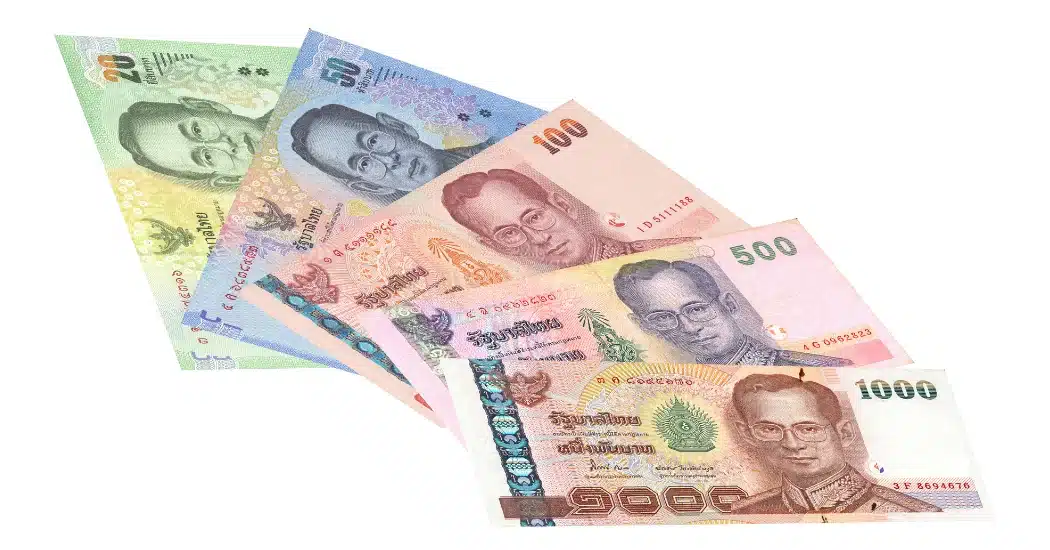
From Top to Bottom: 20 baht, 50 baht, 100 baht, 500 baht, 1,000 baht
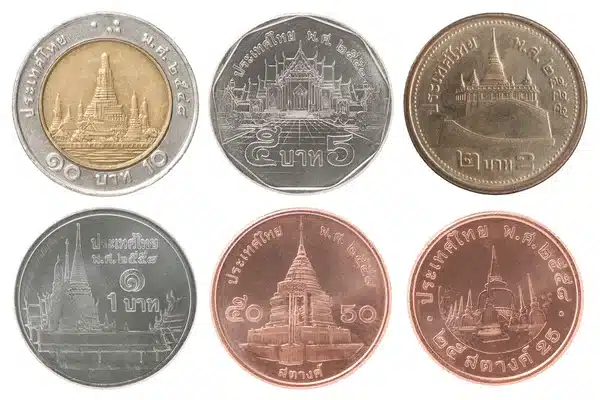
Top Row From Left to Right: 10 Baht, 5 Baht, 2 Baht
Bottom Row From Left to Right: 1 Baht, 50 Satang, 25 Satang
Language
Thailand’s official language is Thai. As a traveler, it’s always helpful to know a few basic phrases in the local language. Here are some quick facts about the language in Thailand:
1. Thai script: The Thai writing system uses its own unique script, which can appear quite challenging for those who are unfamiliar with it. However, in major tourist areas and cities, you’ll often find signs and menus in both Thai and English, making it easier to navigate.
2. Basic greetings: Some handy greetings to know are Sa-Wat-Dee (hello), Khop-Khun (thank you), Chai (yes), and Mai-Chai (no). Thais appreciate it when visitors make an effort to communicate in their language, even if it’s just a few simple words.
3. Polite terms and gestures: It’s important to understand and respect the local customs in Thailand. The Thai people value politeness and respect. Remember to use the polite particles Krub (for men) and Kha (for women) at the end of your sentences when you’re speaking to someone of higher status or age. For example, Sa-Wat-Dee-Krub (hello for men) and Sa-Wat-Dee-Kha (hello for women)
4. English language proficiency: While English is not widely spoken in rural areas, you’ll find that many Thais in the popular tourist destinations, hotels, and restaurants have a basic understanding of English. However, it is always helpful to have a phrasebook or translation app on hand to overcome any language barriers and show your respect for the local culture.
5. Non-verbal communication: In addition to spoken language, non-verbal communication plays an important role in Thai culture. Thais show respect by keeping their voices low, avoiding public displays of affection, and avoiding confrontations. It’s important to be mindful of these cultural norms during your visit.
Visas
Here are some quick facts about visas for traveling to Thailand:
- Visa-Free Entry: Citizens of certain countries are granted visa-free entry to Thailand for a specific duration. Currently, tourists from over 60 countries, including the United States and many European nations, can enter Thailand for up to 30 days without a visa. It’s important to check the latest information from the Thai embassy or consulate in your country to confirm if you are eligible for visa-free entry. See the latest list for countries eligible for Visa-Free Entry
- Visa on Arrival: If you are not eligible for visa-free entry, don’t worry. Thailand offers a convenient Visa on Arrival (VOA) service. This allows travelers from eligible countries to obtain a visa upon arrival at major international airports and land border checkpoints. The VOA is valid for a duration of up to 15 days. To expedite the process, make sure to have all necessary documents ready, including a passport valid for at least six months, a recent passport-sized photograph, and proof of onward travel. See the latest list for countries eligible for Visa on Arrival.
- Tourist Visas: If you plan to stay in Thailand for longer than the visa-free or visa on arrival duration, you will need to apply for a tourist visa in advance. Tourist visas can be obtained from Thai embassies or consulates in your home country. The tourist visa allows for stays of up to 60 days and can be extended for an additional 30 days within Thailand.
- Non-Immigrant Visas: Non-immigrant visas are required for those who intend to work, study, or engage in business activities in Thailand. These visas have specific requirements, including sponsorship from a Thai company or educational institution. It’s important to consult the Thai embassy or consulate to determine the appropriate non-immigrant visa category for your purpose of travel.
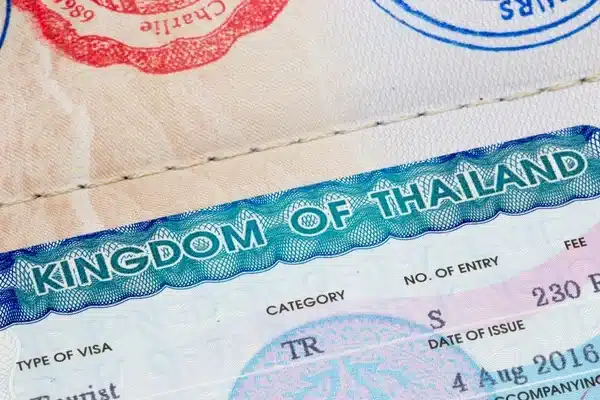
Currency Exchange
It is recommended to exchange your currency into Thai Baht upon arrival. You can do this at international airports, banks, or authorized exchange booths. Keep in mind that rates and fees may vary, so it’s a good idea to compare before making the exchange.
Q: What are the most popular money exchange companies in Thailand?
A: Superrich Thailand (Green color) is one of the most popular money exchange companies in Thailand, with several branches across Bangkok. They consistently receive positive feedback from expats and frequent visitors. They have exchange counters at a number of locations around Bangkok, including shopping centers. Other reputable currency exchange company includes SuperRich1965 (Orange color), X-One Currency Exchange, and Twelve Victory Exchange.

Tipping
Tipping customs in Thailand can vary depending on the situation and the establishment. Here are some general guidelines to keep in mind:
- Restaurants: In most restaurants in Thailand, a service charge is already included in the bill, usually around 10%. However, it is common to leave small change or round up the bill as a token of appreciation for good service. If you receive exceptional service or dine at a high-end restaurant, you may consider leaving a larger tip.
- Street Food Stalls: Tipping at street food stalls is not common practice. However, if you feel that the service or food quality was outstanding, you can offer a small tip as a gesture of appreciation.
- Hotels: Tipping hotel staff is customary in Thailand. You can tip the bellboy who assists with your luggage, the housekeeping staff, and the hotel concierge. It is common to tip around 20-50 baht per service.
- Tour Guides and Drivers: If you take a guided tour or hire a driver for a day, it is customary to tip them as well. The amount can vary depending on the length of the tour and your satisfaction with the service provided. It is recommended to tip around 100-200 baht per day for tour guides and around 50-100 baht per day for drivers.
- Spa and Massage Services: Tipping in spas and massage parlors is common in Thailand. It is customary to tip around 10-15% of the total bill. Some establishments may provide a tip box at the reception area where you can leave your gratuity.
Click here for a more detail guide about Thailand tipping culture.
Mobile Phones
When it comes to staying connected in Thailand, having a mobile phone is essential. Whether you need to make local calls, access the internet, or use various mobile apps, having a phone with you can make your trip much more convenient. Here are a few quick facts about mobile phones in Thailand:

- SIM Cards: If you have an unlocked phone, buying a Thai SIM card is a cost-effective option. You can easily find SIM cards at 7-11 convenience stores or Operator outlets at the airports, or mobile phone shops. Remember to bring your passport as it is required to register the SIM card.
- Major Providers: Thailand has 2 mobile service providers; AIS and True-DTAC. AIS is known for its extensive countrywide coverage, while the newly merged True-DTAC offers fast and reliable data transfer.
- International Roaming: If you prefer to use your own mobile number while traveling, consider activating international roaming with your local service provider. However, keep in mind that roaming charges can be expensive, so it’s important to check the rates and confirm the compatibility of your phone with the Thai networks.
- Public Wi-Fi: Thailand offers free Wi-Fi hotspots in many public areas such as hotels, restaurants, cafes, and shopping malls. While this is a convenient option, be cautious when accessing personal or sensitive information on public networks. It’s always safer to use a Virtual Private Network (VPN) for added security.
Time
When visiting Thailand, it’s important to be aware of the local time and any time differences you may encounter. Here are some quick facts about time in Thailand:
- Time Zone: Thailand follows Indochina Time (ICT), which is 7 hours ahead of Greenwich Mean Time (GMT+7).
- Daylight Saving Time: Thailand does not observe daylight saving time, so the time remains the same throughout the year.
- Thai Time: In Thai culture, punctuality is highly valued. Being on time is considered respectful, so it’s a good idea to arrive promptly for any scheduled appointments, meetings, or tours.
- Thai Calendar: Thailand follows the Buddhist calendar, which is based on the movement of the moon. This means that Thai holidays and festivals may not fall on the same dates every year according to the Gregorian calendar.
Pro Tips: To calculate the Thailand Buddhist year, simply add 543 to the current Gregorian year. For example, Western year 2024 corresponds to the Thailand Buddhist year 2567. - Weather and Season: Thailand has a tropical climate, with three main seasons: the hot season (March to May), the rainy season (June to October), and the cool season (November to February). Planning your visit around the seasons can help you make the most of your time in Thailand.
- Time Difference: If you are traveling to Thailand from a different time zone, it’s helpful to adjust your body clock gradually to minimize jet lag. Remember to check the time difference between your home country and Thailand to plan your activities accordingly.
Having a good understanding of the local time and cultural value of punctuality in Thailand will help you make the most of your visit and avoid any scheduling conflicts. Remember to plan ahead, adjust your body clock, and enjoy your time exploring this beautiful country.
Important Phone Numbers
Here are the key numbers to keep handy:
Police and general emergency – 191
Medical Emergency – 1669
Fire – 199
Tourist Police – 1155
Embassy/Consulate
If you find yourself in need of assistance from your country’s embassy or consulate, it’s important to have their contact information. Locate and save the number of your nearest embassy or consulate, in case you require any support during your stay.
List of Foreign Embassies in Thailand and Contact Information
Transportation Services
Transportation services in Thailand include a variety of options such as taxis, buses, trains, and ride-hailing apps. Grab is one of the most popular ride-hailing apps in Thailand, available in major cities like Bangkok, Pattaya, Krabi, and Phuket. Other apps includes Bolt and CABB. The availability of Grab and other transportation options makes it convenient for both locals and tourists to get around in Thailand.

Daily Living Costs
As someone who has spent a significant amount of time in Thailand, I can confidently share some quick facts about the daily living costs in this vibrant country. Understanding the average expenses can help you plan your budget and make the most of your experience.
Accommodation: When it comes to accommodation, Thailand offers a wide range of options to suit every budget. Whether you prefer a luxurious hotel, a cozy guesthouse, or a backpacker hostel, you’ll find something to fit your needs. On average, you can expect to pay around $15 to $30 per night for a comfortable room in popular tourist destinations like Bangkok or Phuket. If you’re looking for something more budget-friendly, you can find accommodations for as low as $10 per night in less touristy areas.
Food and Drink: One of the best things about Thailand is its delicious and affordable food. Whether you’re exploring the street food stalls or dining in a local restaurant, you’ll find a wide variety of mouthwatering options. A typical meal from a street food vendor can cost you as little as $1 to $4, while a meal in a mid-range restaurant may cost around $5 to $10. If you prefer cooking your own meals, groceries are also reasonably priced, with a week’s worth of groceries averaging around $20 to $40.
Transportation: Getting around in Thailand is relatively inexpensive, thanks to the extensive transportation network. The BTS Skytrain and MRT Subway systems in Bangkok are efficient and affordable, with fares ranging from $0.50 to $2 per trip. Taxis and tuk-tuks are also popular modes of transportation, but it’s important to negotiate the fare before getting in. For longer distances or exploring different regions, you can opt for buses or trains, which are comfortable and cost-effective.
Miscellaneous Expenses: In addition to accommodation, food, and transportation, it’s essential to consider other miscellaneous expenses. These can include entry fees for tourist attractions, shopping, and leisure activities. An average cost for entry to popular attractions ranges from $5 to $15.
